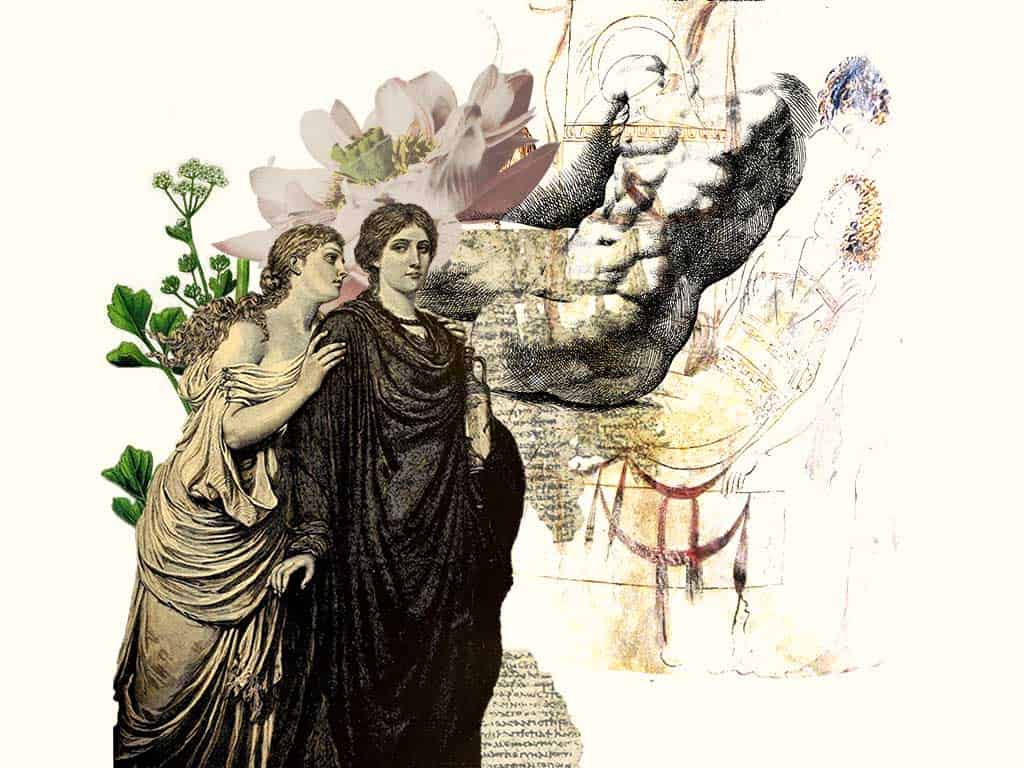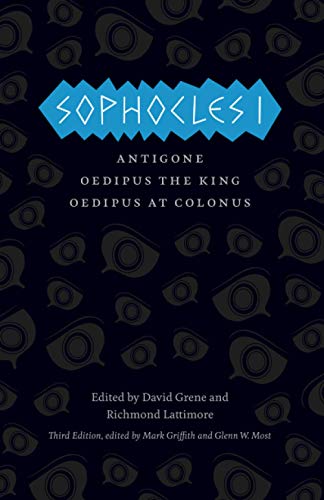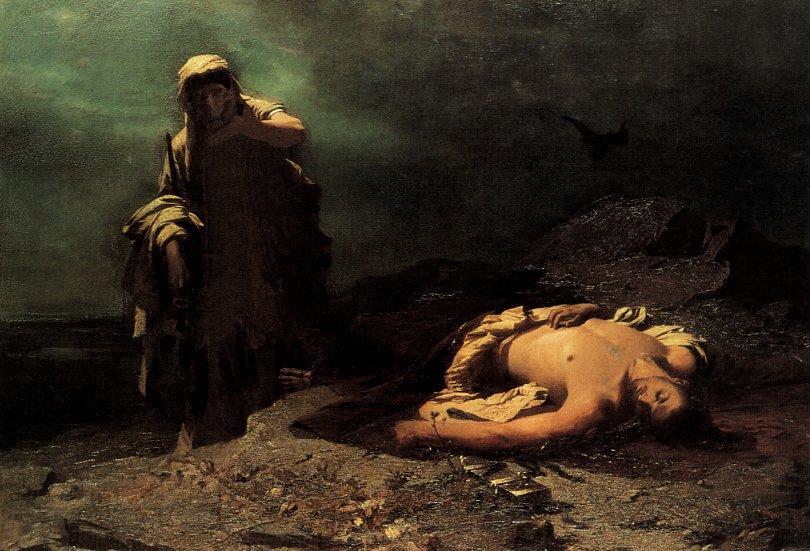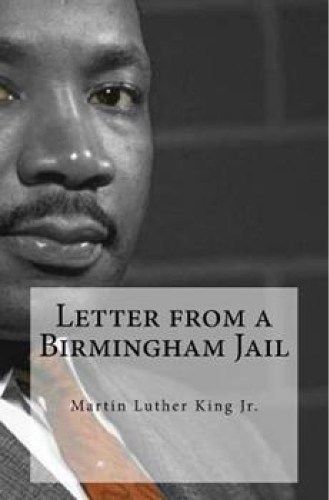Antigone: Nor did I think your orders were so strong
that you, a mortal man, could overrun
the god’s unwritten and unfailing laws. (453-55)
Sophocles

Antigone
Sophocles

The Complete Greek Tragedies, 3rd edition. Ed. David Grene and Richmond Lattimore. Trans. Elizabeth Wyckoff
The play "Antigone" begins with Antigone, daughter of Oedipus, asking her sister Ismene, to assist her in burying their dead brother.
We soon learn that their two brothers, Eteocles and Polyneices were both slain in battle, but because Polyneices was fighting against the state, Creon has ordered that his body be left to rot, unburied. Ismene refuses to help, but Antigone performs the ritual knowing that is can mean her execution. Piety, and her obligation to the gods, is more important to her than adherence to the law. She is caught and arrested. Creon, confounded that she would blatantly disobey a law, sentences her to be buried alive in a tomb. Creon’s son, Haemon, is engaged to be married to Antigone, goes to see his father, and lets him know that the city’s sympathy is with Antigone and urges his father to change his mind, free Antigone, and permit Polyneices to be buried. Creon refuses. The seer Teiresias then comes to see Creon, and warns him that he has offended the gods in his actions and that great suffering will fall to his house if he does not change course. Finally convinced, Creon makes his way to the body and the tomb. Polyneices’ body, torn apart, is given a burial ritual, but he is too late to save Antigone. She is found dead and Haemon has killed himself. Creon’s wife, Eurydice, also commits suicide when she hears of her son’s death. The play concludes with Creon lamenting and in misery.
Why This Text is Transformative?
Antigone confronts the audience with the questions- is what is legal always what is just?
Antigone confronts the audience with the questions- is what is legal always what is just? Creon’s law denies Polyneices a basic burial rite. It is illegal to break this law, but Antigone makes the case that Creon has no right to make this law since is flies in the face of the will of the gods. She refuses to obey an unjust law. The play makes clear that Creon offends the gods with his unjust law and that he perverts the relationship between the living and dead; first by refusing to allow Polyneices to be buried and then again by burying Antigone alive. The play also offers an interesting reflection on leadership and the role of the state. Does Creon have the right to make this law? Is it a sign of weakness or strength for a leader to change course on a law or policy?
A Focused Selection
Study Questions

1) Is there a difference between what is legal and what is just? Can you think of examples from the present day and from history of unjust laws?
2) Do you think people have an obligation to follow or to break unjust laws? Do you think Antigone did the right thing? Why or why not?
3) Why does Creon refuse to allow Polyneices to be buried? Do you think Creon is right? Does Polyneices deserve to be buried? Why does Creon say no and Antigone say yes?
4) In lines 536-560 Antigone and Ismene discuss their roles (or non-roles) in burying Polyneices. Antigone says, “Justice will not allow this. You did not / wish for a part, nor did I give you one.” How does Antigone feel about Ismene trying to shoulder some of the blame? Why does she feel this way? How would you feel about Ismene at this moment if you were Antigone?
5) Haemon says to his father:
Whoever thinks he alone is wise,
his eloquence, his mind, above the rest,
come the unfolding, it shows his emptiness.
A man, though wise, should never be ashamed
of learning more, and must not be too rigid” (707-711).
What is Haemon saying here about learning and wisdom? Do you think that flexibility and the willingness to learn and are signs of wisdom? Why might one interpret them as signs of weakness? Have you ever encountered someone like Creon in your life, someone unwilling to change their minds? What are the effects of this kind of rigidity?
Building Bridges
Supplemental Resources
Modern day Antigone
1961 Antigone
In Art:
Antigone and Ismene
In Art:
Antigone’s Tragic Story Told Through 13 Artworks
Text Mapping
Discipline Mapping
English/Composition Studies
Humanities
Political Science/Government
Philosophy & Religion
Page Contributor




